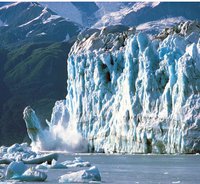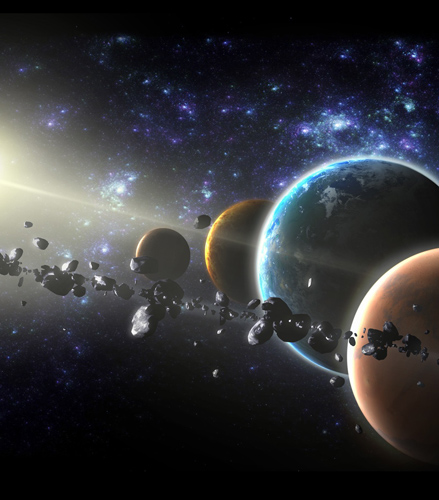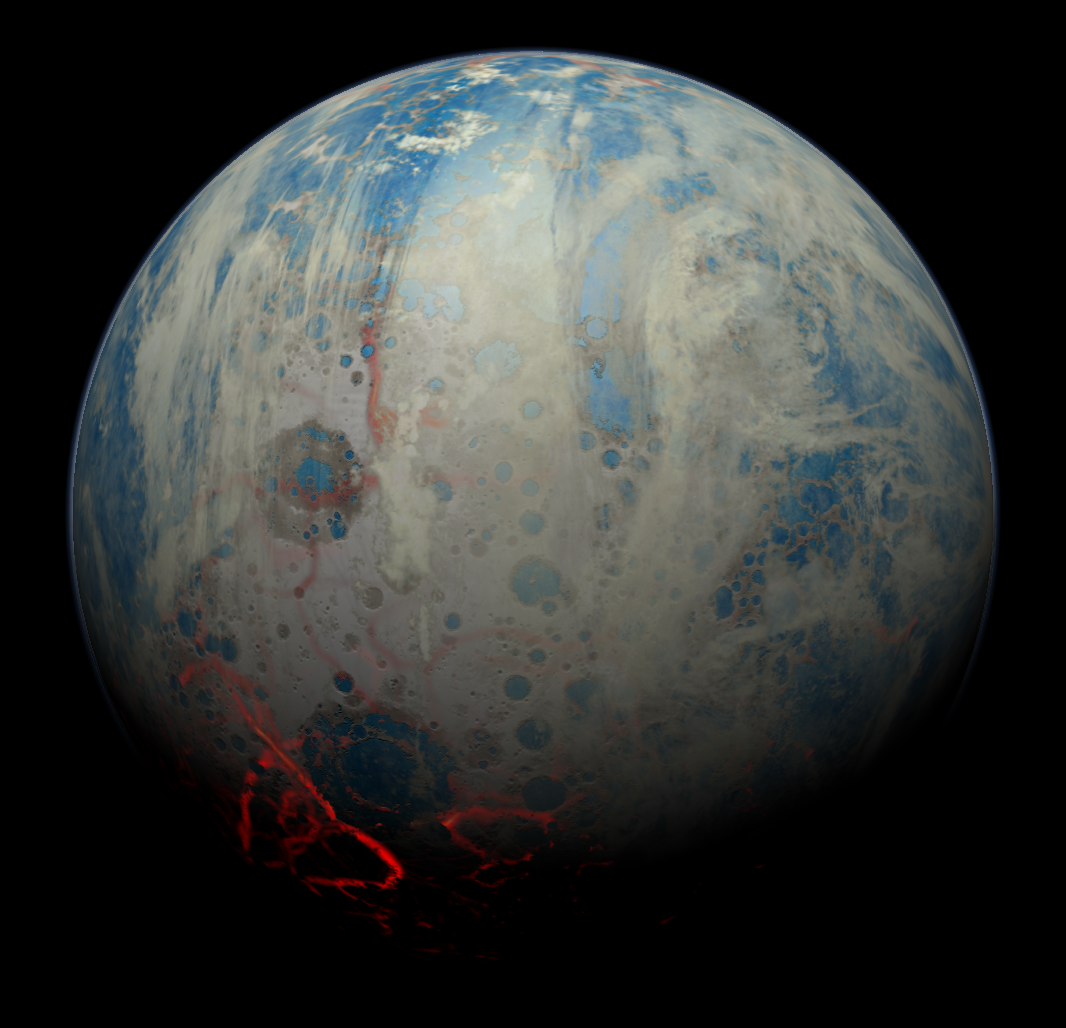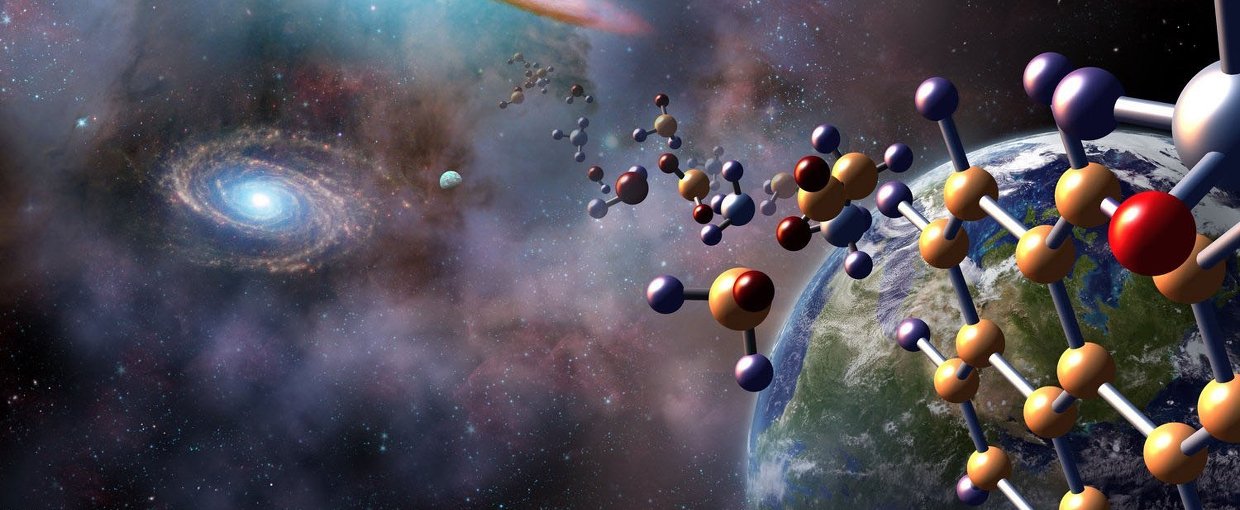
Deglaciation subjects lakes to interannual variability, affecting lake habitat, biogeochemical cycles, and biodiversity. Investigating its impact contributes to a better understanding of the changes currently affecting Earth’s glacial lake ecosystems. From an astrobiology perspective, it may bring new insights into the evolution of Mars habitability during comparable geological periods. From an exploration standpoint, disrupted environmental, physical, chemical, and biological cycles challenge us to identify new emerging natural patterns, and to find the most productive methods to interrogate them rapidly. In many ways, the rapidity of glacial melting confronts us with the same operational scenario as a planetary mission faced with only limited time and bandwidth to understand the environment and achieve its objectives. It also confronts us with challenges analogous to those that will be faced by future planetary missions to Titan’s lakes and seas, thus giving us an opportunity to develop and test exploration strategies for future planetary lake landers. In response to these science questions and technology challenges, we have designed a three-year astrobiology field campaign that deploys a prototype lake lander in Laguna Negra in the Central Andes of Chile, in an environment where ice is melting at an accelerated rate and changes occur on a yearly basis. Here, we will discuss how using technology relevant to Titan’s exploration allows us to investigate the impact of glacial melt on past and present planetary lakes.
 A Talk With Jim Green
A Talk With Jim Green What Can Extant Genomes Reveal About Early DNA Metabolism?
What Can Extant Genomes Reveal About Early DNA Metabolism? What We Talk About When We Talk About Earth's Oxygenation
What We Talk About When We Talk About Earth's Oxygenation Bowling With Astrobiologists: A Twisted Path Toward the Origin of DNA
Bowling With Astrobiologists: A Twisted Path Toward the Origin of DNA